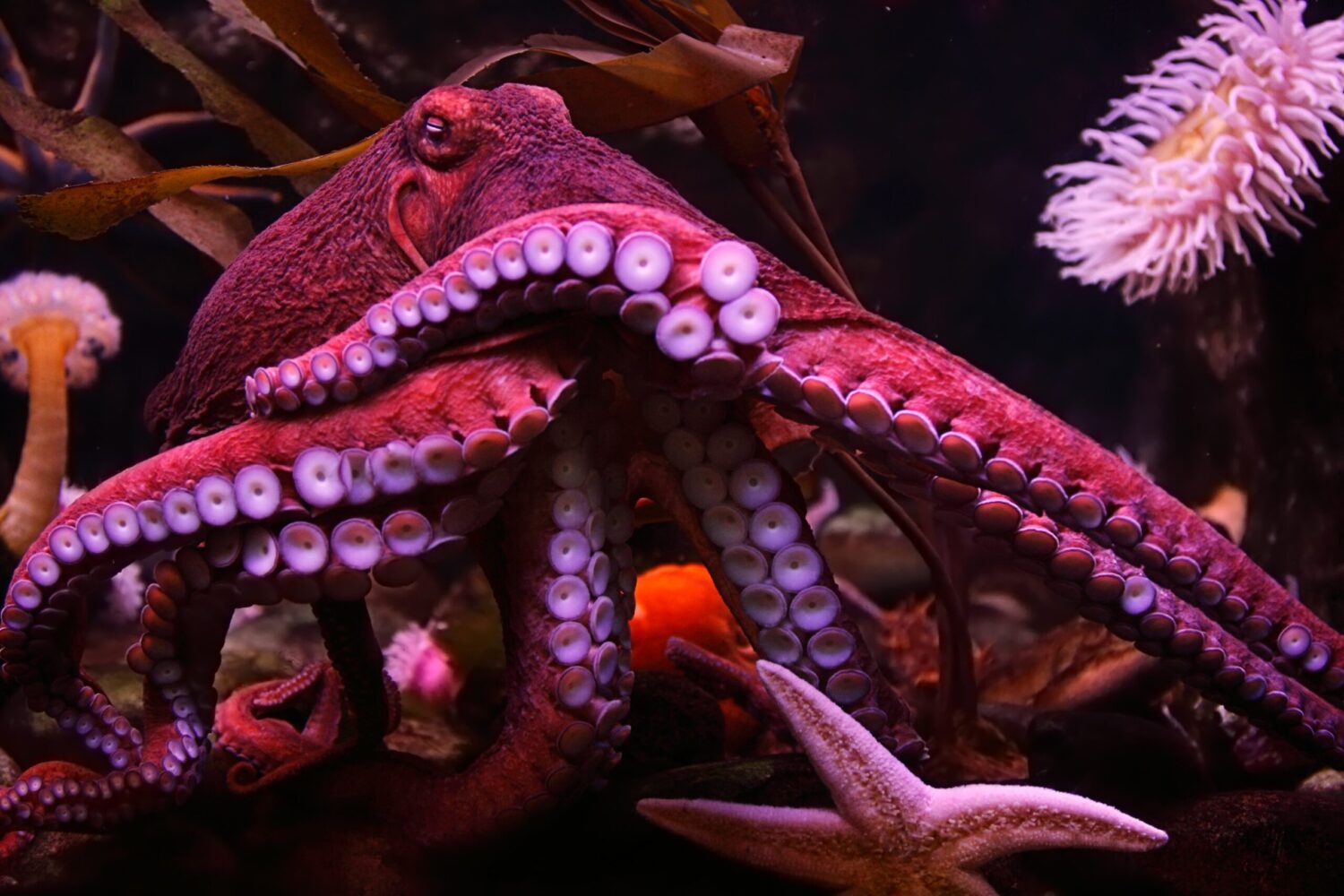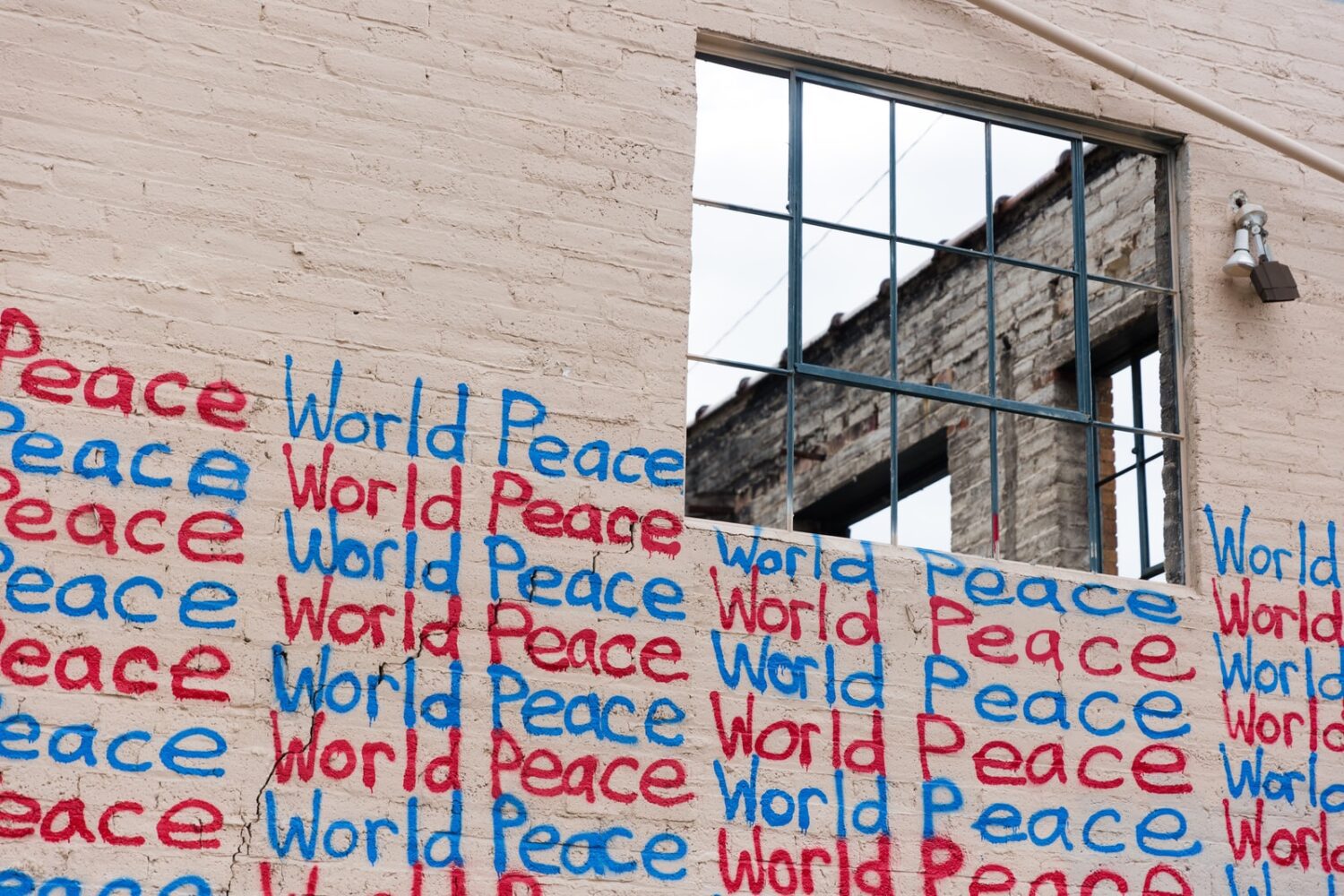Relationships make us better – a proven fact. But did you know that romantic connections affect us more than we usually think? We talk about scientific facts that will make you wonder.
Love, romance, passion – all these are integral components of human life. Or rather, most people. If you’ve never been in a romantic relationship before, these scientifically proven facts about love might spur you on. This feeling is important and beneficial not only psychologically and emotionally, but also physically: it helps to better cope with pain and heals wounds.
Healthy relationships make people more confident and increase self-esteem
Lovers help each other to look at the world more positively, increase self-esteem and make the partner more self-confident.
One of the most striking effects of love magic on our body, which has not only been repeatedly proven scientifically, but also personally verified by people who have been in a romantic relationship at least once, is an increase in self-esteem. Lovers, showing sympathy for each other, providing support and attention, help the partner restore or even increase self-esteem, make the loved one more confident in themselves and help perceive the world around them with a positive attitude.
Lovers lower blood pressure
Science has proven that people who have a soul mate in their lives have fewer problems with blood pressure.
A happy marriage or just a romantic relationship is good for blood pressure. This is the conclusion of scientists who published the results of a scientific analysis in the journal Annals of Behavioral Medicine. Researchers have found that people in comfortable romantic relationships or marriages have the fewest problems with high blood pressure, because the “love hormone” helps stabilize them.
The hormone of love works better than any painkiller
Scientific fact: love relationships help our body cope with pain.
It may sound incredible, but love relationships help the body cope with pain. In particular, because of the hormone that is produced in lovers – oxytocin. It is also called the love hormone. According to scientists from the Stanford University School of Medicine, headaches in people under the influence of oxytocin either disappear altogether or are disturbed several times less than when they were alone.
Another scientific experiment by researchers from the same school showed that people who looked at photographs of their lovers accelerated the work of departments in the brain that usually work for a “reward”, which in general can help the body dull pain (both moral and physical). ) and better deal with it.
The couples’ heartbeats are synchronized
In loving people who are in a relationship for a long time, heart rhythms are synchronized.
Two hearts beat in unison – this is not only a beautiful phrase, but also a scientifically proven fact. In loving people who have been in a relationship for a long time, heart rates do indeed synchronize when partners are near each other. This was proved by scientists from the University of Illinois: using a heart monitor, they recorded, measured and compared the pulse of ten elderly couples who have been married for a long time. The result shocked scientists, but proved that love can become a catalyst for even such changes.
People in romantic relationships have less anxiety
Long-term romantic relationships can help reduce levels of anxiety and worry.
If we talk about reducing anxiety, here you need to take into account the factor of duration. It is a long relationship with a loved one who consistently shows interest, attention and desire for you that will help reduce anxiety. Researchers at the State University of New York at Stony Brook have used MRI to study the brains of people in love.
People in romantic relationships are less likely to contract viruses
People who love each other are less likely to get sick after exposure to cold or flu viruses.
As you already understood, love relationships can reduce stress, anxiety and anxiety. So it’s a fact that love can actually boost our immune system. Researchers at Carnegie Mellon University found that people who show positive emotions, and that’s exactly what happens in romantic relationships, are less likely to get sick after exposure to cold or flu viruses. A study published in the journal Psychosomatic Medicine compared people who were happy and calm with those who seemed anxious or depressed.
Wounds and minor injuries in people in relationships heal faster
People in happy relationships have higher regeneration than those who are single or unhappy with their soul mate.
Everyone remembers how in childhood they ran to mom or dad with a cut finger so that the parent would kiss the wound and it would heal faster? Who would have thought, but it really works. Scientists at the Ohio State University Medical Center conducted a small experiment in which they gathered loving partners and couples in whom relationships were strained and inflicted small wounds on them. The results of the study showed that people in happy relationships have several times higher regeneration, that is, the wounds healed faster.
Married people have longer life expectancy
It turned out that people in relationships or in marriage live much longer than single people.
Perhaps the most important and significant scientifically proven fact: people in relationships and / or in marriage live longer than single people. And their life, as can be understood from the points above, is somewhat simpler and more pleasant than that of those who avoid linking fate with another person. Using health survey data, the researchers found that people who have never been in a romantic relationship are 58% more likely to die prematurely than those who are married. According to one of the scientists, married people live longer because they feel unity with another person, they know that they are loved, they will always be supported and helped.
Photo © Freepik














